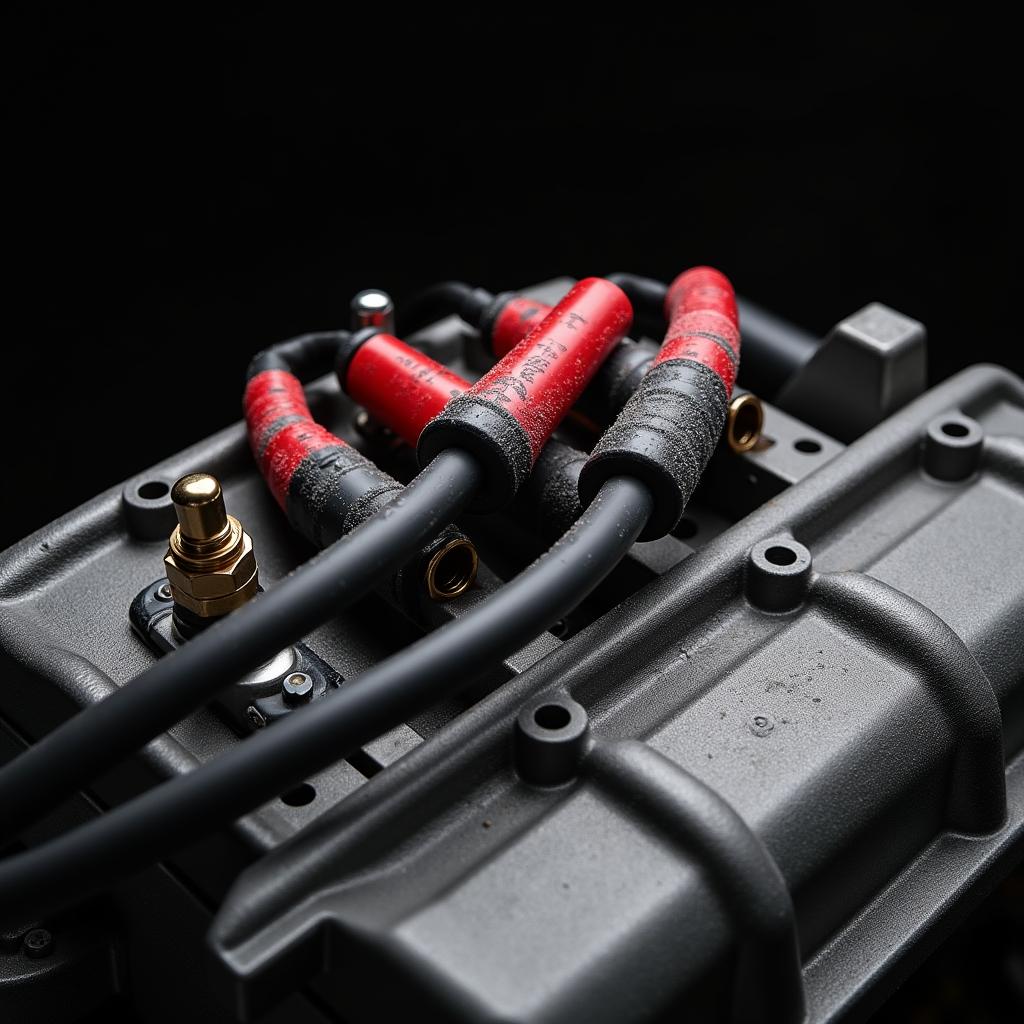Top 7 Cold Weather Engine Starters for Semi-Trucks
Winter can be a challenging time for truck drivers, especially when it comes to starting their rigs in freezing temperatures. Having reliable winter truck engine starters is crucial for maintaining operations and avoiding costly downtime. In this comprehensive guide, we’ll explore the top seven cold weather engine starters that keep semi-trucks running smoothly during the harshest winter conditions.
Understanding Cold Weather Starting Challenges
Cold temperatures present unique challenges for diesel engines in semi-trucks. When temperatures drop below freezing, engine oil thickens, batteries lose efficiency, and fuel can gel, making it difficult for engines to turn over. According to the American Trucking Association, cold starting issues account for nearly 25% of winter-related trucking delays.
Three main factors affect cold weather starting:
- Battery performance degradation in cold temperatures
- Increased oil viscosity reducing engine cranking speed
- Diesel fuel gelling and reduced combustion efficiency
Essential Features of Cold Weather Engine Starters
Before diving into specific products, let’s examine the key features that make an effective cold weather starter:
Power Output
Cold weather starters need sufficient cranking power to overcome increased resistance from thickened oil. Look for starters rated at least 10% higher than standard warm weather requirements.
Cold Weather Rating
Quality starters should be rated to perform at temperatures as low as -40°F (-40°C). This ensures reliable starting even in extreme conditions.
Durability
Components must be built to withstand repeated cold starts without premature wear. Look for starters with heavy-duty brushes and sealed bearings.
Top 7 Cold Weather Engine Starters
1. Delco Remy 39MT Heavy Duty Starter
– Exceptional cold weather performance down to -40°F
– Integrated over-crank protection
– Enhanced brush design for longer life
– Ideal for Class 8 trucks
2. Prestolite PowerPro Extreme
– High-torque design for reliable cold starts
– Sealed noseless construction prevents contamination
– Compatible with most major truck brands
– 4.5kW output rating
3. Bosch Premium Starter Motor
– Advanced electrical system protection
– Reinforced drive end housing
– Excellent cold cranking performance
– Enhanced electrical efficiency
4. Leece-Neville PowerPro Plus
– Heavy-duty construction
– Integrated soft-start technology
– Superior thermal management
– Extended service life design
5. Wilson 91-01-4441 Heavy Duty Starter
– Robust gear reduction system
– Enhanced cold weather lubrication
– Excellent value proposition
– Proven reliability record
6. Mitsubishi Electric MM140M4
– Compact design
– Advanced thermal protection
– Exceptional cold weather performance
– Reduced power consumption
7. CAT 3126B Starter
– Purpose-built for heavy-duty applications
– Superior cold cranking performance
– Integrated protection features
– Extended warranty coverage
Installation and Maintenance Considerations
Proper installation and maintenance are crucial for optimal starter performance in cold weather:
Installation Best Practices
- Ensure proper mounting and alignment
- Use appropriate torque specifications
- Verify electrical connections are clean and tight
- Check compatibility with existing systems
Maintenance Requirements
- Regular inspection of electrical connections
- Periodic cleaning of starter housing
- Testing of starter draw and output
- Monitoring for unusual noise or behavior
Complementary Cold Weather Systems
To maximize cold weather starting reliability, consider integrating these complementary systems:
Block Heaters
Engine block heaters help maintain optimal oil temperature, reducing strain on the starter motor.
Battery Warmers
Battery warming systems help maintain battery capacity in cold conditions.
Fuel System Heaters
Prevent fuel gelling and ensure consistent fuel delivery during cold starts.
Cost Considerations and ROI
While premium cold weather starters may have higher initial costs, consider the following factors:
- Reduced downtime and maintenance costs
- Extended service life in harsh conditions
- Improved reliability and performance
- Lower long-term operating costs
Investment in quality cold weather starting equipment typically pays for itself through:
– Reduced maintenance expenses
– Fewer cold-weather delays
– Extended component life
– Improved fleet reliability
Making the Right Choice
When selecting a cold weather starter, consider:
- Your specific operating conditions
- Vehicle make and model compatibility
- Budget constraints
- Warranty coverage
- Available support and service
Conclusion
Choosing the right cold weather engine starter is crucial for maintaining reliable operations during winter months. By considering the options presented above and evaluating your specific needs, you can make an informed decision that will keep your trucks running smoothly in even the coldest conditions.
Ready to upgrade your fleet’s cold weather starting capability? Contact our team of experts today for personalized recommendations and professional installation services. Don’t let cold weather affect your operations – invest in reliable starting solutions that keep your trucks moving when temperatures drop.







